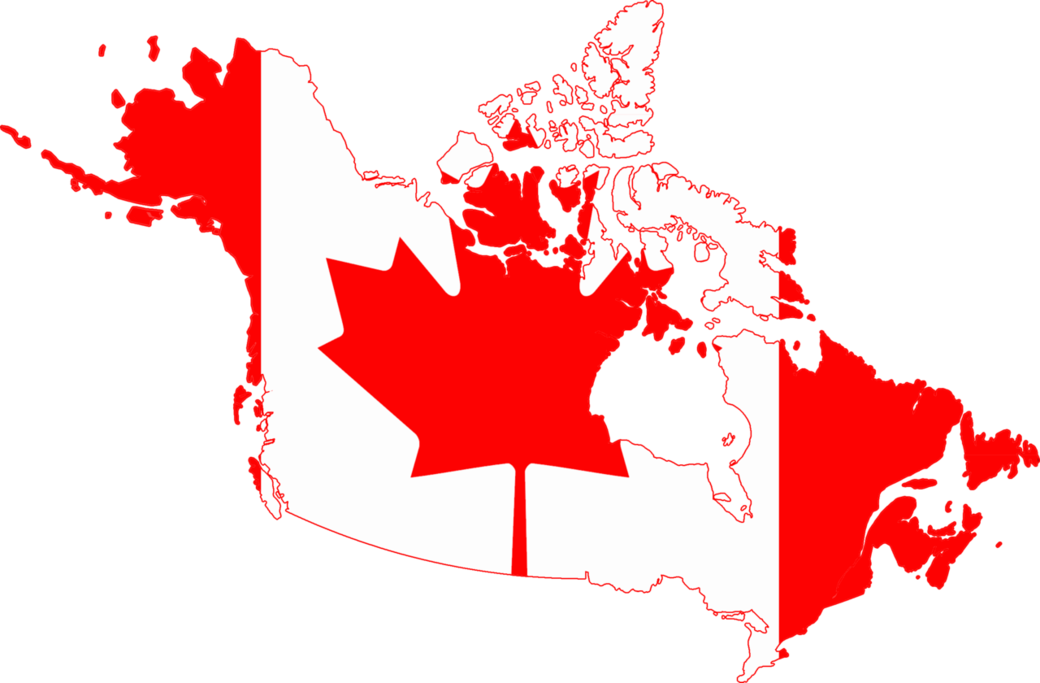
Canada: the leader of artificial intelligence
Have you seen Ex Machina (2015)? A smart man creates a smart robot girl, Ava. This machine turned out to be more intelligent then its creator.
Or have you seen Her (2013)? A lonely writer falls in love with Samantha, his intelligent computer operating system with accelerated learning capability. "She" is personified through a Siri-like female voice and is portrayed as the perfect companion due to our growing isolation from each other.
Like these, it is possible to find moves since the eighties, and even before, that have shown how life would be with artificial intelligence. Some of them are Metropolis (1927), Star Wars (1977), The Terminator (1984), RoboCop (1987), The Matrix (1999), Bicentennial Man (1999), A.I. Artificial Intelligence (2001), I Robot (2004), Wall –E (2008), Interstellar (2014), and Transcendence (2014).
All these movies lead us to think that now, more than ever, we depend on our cell phone, our computers and our smart machines at home and work. Some people are afraid about that. Perhaps, they are not able to think that, in the future, we will be “dominated” by robots and artificial intelligence. They probably believe that this is our self-destruction since artificial intelligence is, basically, machines or software that can reason, plan, learn, perceive and process information like human minds and thus facilitate human life.
On the other hand, some people are passionate about this and, why not, they like the idea from which we download our duties, and we have help to do our daily tasks. Maybe they are not afraid because they see another option to survive longer on this earth. Possibly, some people prefer to invest money not only in education but also in this kind of inventions.
Artificial Intelligence can think and act for us. It can clean, move objects, diagnose medical problems, provide care, make the best weather predictions, compose music and play games with us. The truth is that these type of creations have existed for a long time. We just need to think about telecommunications, computer applications, health, finance, aviation, e-commerce, military, music and even toys and games.

The current field of artificial intelligence in Canada has gained importance, and it has been a source to raise awareness about the potential actions that can support its development and adoption. It is important to encourage industry and academia collaboration by supporting targeted projects about innovation, development, and creativity.
This implies that both the public sector and the private sector have the initiative to offer favorable financing options, especially to small and medium-sized companies to increase the quality supply concerning artificial intelligence, educational programs, and knowledge, as well as exchange best practices with which it would be promoting the adoption of artificial intelligence and related digital technologies in the business community.
Artificial intelligence is an interdisciplinary field of study including computer science, neuroscience, psychology, linguistics, and philosophy. In Canada, the interest in this area dates back almost four decades ago. In the early 70s a fully automatic machine learning program translating weather forecasts at Dorval Airport was developed by researchers at the Université de Montréal. In 1982, the Canadian Institute of Advanced Research started to focus on artificial intelligence and robotics and gathered researchers in Canada together.
Today there is artificial intelligence, computer science and computational linguistics graduate programs in universities of all across Canada. Out of Canada, there is a resurgence and new industrial applications that compose technologically revolutionary components of digital economies. All this shows how critical artificial intelligence is in different sectors, and different historical periods.
Currently, at Toronto University, an academic and employee of Google, Geoff Hinton, is making history from the Radical Sector or, what is the same, Deep Learning, a computer program that learns in much the same way as our brain does. His work is recognized worldwide since he leads the research center Brain Team Toronto, where works on the next big step in technology which makes the robots teach themselves to do activities that humans would do easily.
More powerful computers and large data sets have allowed for the large-scale development of, for example, driverless cars that are now a reality as they have improved accuracy in speech recognition and computational vision. Other examples that could demonstrate this advance are the recommendations on Netflix, smartphone voice assistants, and programs such as Google's AlphaGo.
In Canada, places such as University of Alberta, Université de Montréal and Toronto University have allowed Canadian pioneers such as Richard Sutton, Yoshua Bengio, and Geoff Hinton respectively to achieve funding from the great technological companies is arriving in Canada. It is also coming from the investments of national organizations such as multinational bank RBC, car parts giant Magna and millions of dollars of government funds.
 An example of this is the recent opening of the Vector Institute in Toronto which is new independent research facility for AI, with the aim of producing, attracting and retaining the finest talent in the world as part of a Canadian-rooted economic supercluster that will generate future discovery, opportunity, jobs and growth. What is more, Vector Institute will be dedicated to the cutting-edge exploration of artificial intelligence, specializing in the transformative fields of deep learning and machine learning.
An example of this is the recent opening of the Vector Institute in Toronto which is new independent research facility for AI, with the aim of producing, attracting and retaining the finest talent in the world as part of a Canadian-rooted economic supercluster that will generate future discovery, opportunity, jobs and growth. What is more, Vector Institute will be dedicated to the cutting-edge exploration of artificial intelligence, specializing in the transformative fields of deep learning and machine learning.
The institute has received about $130 million from the governments of Canada and Ontario, and a group of 30 companies, including Google and RBC. Collaborating with academic institutions, incubators, accelerators, start-ups, scale-ups and established companies, it will advance artificial intelligence research and drive the adoption and commercialization of advanced technologies across Canada. Consequently, it will spur economic growth in Canada by attracting talent and investment, supporting scale-up firms and enabling established business to be best-in-class adopters of artificial intelligence.
The goal, at the same time, is to turn Toronto into one of five places in the world with more innovation and business related to that technology. Toronto has the largest concentration of artificial intelligence companies in Canada. No less important is the retention of the best foreign talent, who generally seek to establish themselves, as a first option, in the United States business world.









